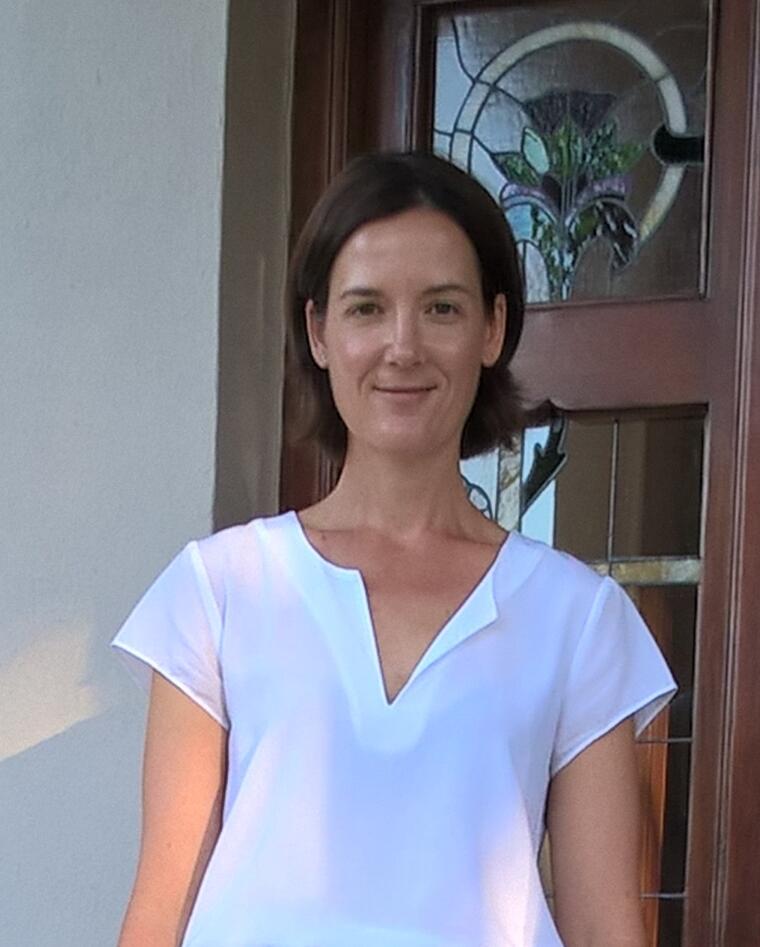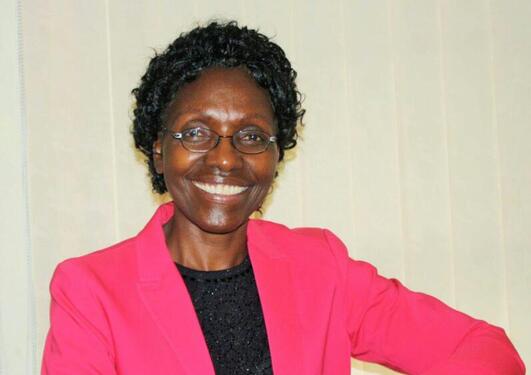How marketing of formula milk influences health professionals and communities and why we should be concerned
Tanya Doherty, Professor, University of the Western Cape
Main content
Marketing is part of everyday life, experienced by virtually everyone. However, marketing of formula milk products is different from the marketing of other items. Feeding practices of children in the first 3 years of life profoundly affect their survival, health and development throughout their lives. Parents decisions around how to feed their infants and children should therefore be based on the best information and truthful evidence, and free of commercial interests.
In 1981, the Thirty-fourth World Health Assembly adopted the International Code of Marketing of Breast-milk Substitutes (the Code) to regulate the marketing of breast-milk substitutes. Forty years on, formula milk marketing still represents one of the most underappreciated risks to infants’ and children’s health. Scaling up breastfeeding could prevent an estimated 800 000 deaths of children under 5 each year.
This lecture draws insights from a multi-country study, commissioned by the World Health Organization and the United Nations Children’s Fund which aimed to document the reach of formula marketing, how formula marketing messages are perceived by women and health professionals, and their effect on knowledge and values. The research provides strong evidence for how formula milk marketing, not the product itself, disrupts informed decision-making and undermines breastfeeding and child health. Opportunities for action will be discussed that governments, health professionals and their associations and communities can take to invest in the support that mothers and families want and need for infant feeding decisions.
This session will be chaired by Professor Ingunn Marie Stadskleiv Engebretsen, UiB.
Tanya Doherty is a chief specialist scientist in the Health Systems Research Unit, SAMRC. Her research focus is community interventions to improve child health and nutrition. She has conducted several cluster-randomised trials and programme evaluations of community and primary based services in South Africa and across the continent and has published over 100 peer reviewed articles. She is also an honorary professor in the School of Public Health, University of the Western Cape, South Africa, where she teaches and supervises Masters and PhD students.






